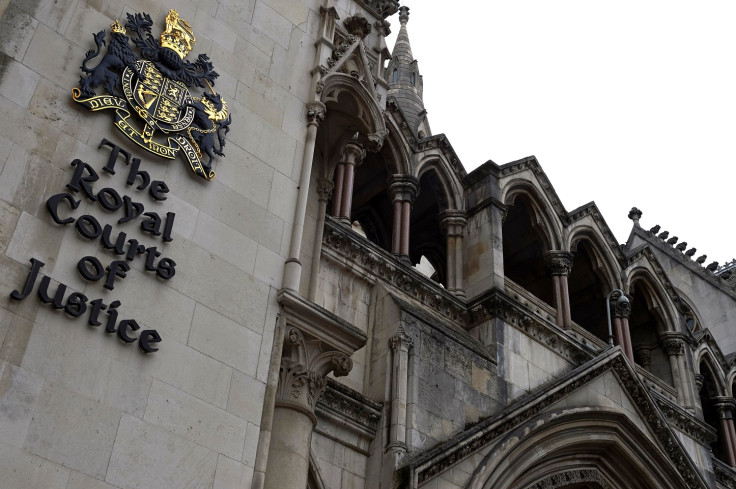Brexit on trial as High Court judges rule whether MPs will vote on Article 50
Lord Chief Justice John is expected to give his verdict on the morning of 3 November.

England's High Court will rule on whether Theresa May's government have the legal authority to trigger the official mechanism to split from the EU without a parliamentary vote.
The powerful judges, including Lord Chief Justice John, are expected to rule on the Article 50 case around 10:00 GMT on Thursday (3 November).
Investment fund manager and Remain voters Gina Miller challenged the Conservative administration.
"This case is all about the sovereignty of parliament," she said ahead of first hearing at the High Court.
"It is very important that the issues are dealt with in a serious and grown-up way. We are making sure that happens."
Attorney General Jeremy Wright has argued that the government has "prerogative powers" to trigger Article 50, a move which May has promised to do before March 2017.
"The country voted to leave the EU, in a referendum approved by Act of Parliament," Wright said.
"There must be no attempts to remain inside the EU, no attempts to re-join it through the back door, and no second referendum.
"We do not believe this case has legal merit. The result should be respected and the Government intends to do just that."
The government has promised to instead give MPs a vote on their Great Repeal Bill, which would annul 1972 European Communities Act and automatically enshrine all EU law into UK law so parliament can scrap or amend Brussels legislation.
But the University of Cambridge's Professor Mark Elliott said the Great Repeal Bill will be "legally irrelevant".
"By the time the UK exits the EU, it will by definition have ceased to have relevant Treaty obligations, and the ECA will therefore not give effect in the UK to any EU law anyway," Elliott said, writing in his Public Law for Everyone blog.
"Meanwhile, far from repealing EU law, the Great Repeal Bill will in fact preserve all EU law (or at least all the EU law whose retention makes sense once the UK has left the EU) by converting it into UK law."
© Copyright IBTimes 2025. All rights reserved.






















